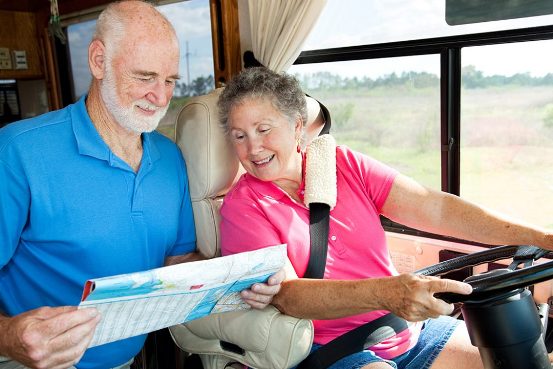
While veteran snowbirds likely have their packing routine down to a science, it may be prudent to review some items which may not make the obvious list, but which are essential in the event of an emergency.
List of Important Names & Numbers
Perhaps the mere existence of a mobile phone can satisfy this item, but it may be helpful to have a back-up list as well, particularly if you want to include telephone numbers for parties not on your phone’s contact list, such as utility companies and neighbors.
Advance Directive or Other Health Care Proxy
A properly executed Vermont Advance Directive should be honored by another state, so it should be portable. However, it must be available to even be considered! There are several options – you may (a) have the document on you at all times; (b) have an ID card on you which acknowledges the document and indicates its whereabouts; (c) provide your named agent(s) with an original or valid copy; or (d) register the document for free with Vermont’s Advance Directive Registry. The Registry is still a fairly new offering for Vermonters and allows residents to store their directives on a secure electronic database for ease of access in an emergency. Once the document is registered, the registrant will actually receive a wallet ID card as well as instructions for accessing the database and making changes. For more information, see Healthvermont.gov/vadr/index.aspx.
Durable Power of Attorney
As with the Advance Directive, the ease of access to a financial power of attorney may be helpful in an emergency. Because of the power of this document and the potential for its abuse, this may not be something appropriate to carry around or to even provide in advance to your agent. However, it may be prudent to advise your agent of its location or with the name of your attorney who has a copy.
Another consideration for traveling snowbirds is the ease of its use outside Vermont. While all states have some form of Power of Attorney, the laws regarding its signing formalities and enforcement do vary. Again, Vermont documents should be honored in other states, but sometimes it helps ease the process if the document also satisfies the laws of the “foreign” state. For example, our law requires only one witness and a notary public, whereas some other states require two witnesses and a notary. To make the foreign state more comfortable honoring a Vermont document (which they may not realize is valid), it may make sense to conform to the other state’s laws as well. In some instances, it may be appropriate to actually execute two documents – one for each state.
Bottom line: if you spend a fair amount of time in two states (like many snowbirds do), you should consult with attorneys in both states to ensure you are planning properly for an emergency in either state.
While this list is certainly not exhaustive, it should highlight some items to better prepare snowbirds for their months away from home. And while you’re gone, we’ll try to enjoy the snow and keep our envy in check!
Jennifer R. Luitjens is Certified as an Elder Law Attorney (CELA) by the National Elder Law Foundation, a non-profit organization accredited by the ABA. She lives in Jericho and practices in South Burlington with the Jarrett Law Office. This article is for informational purposes only and is not intended to constitute comprehensive or specific legal advice.
 Related Articles & Free Subscription
Related Articles & Free Subscription
An Updated List is Just as Important as an Estate Plan






Comment here